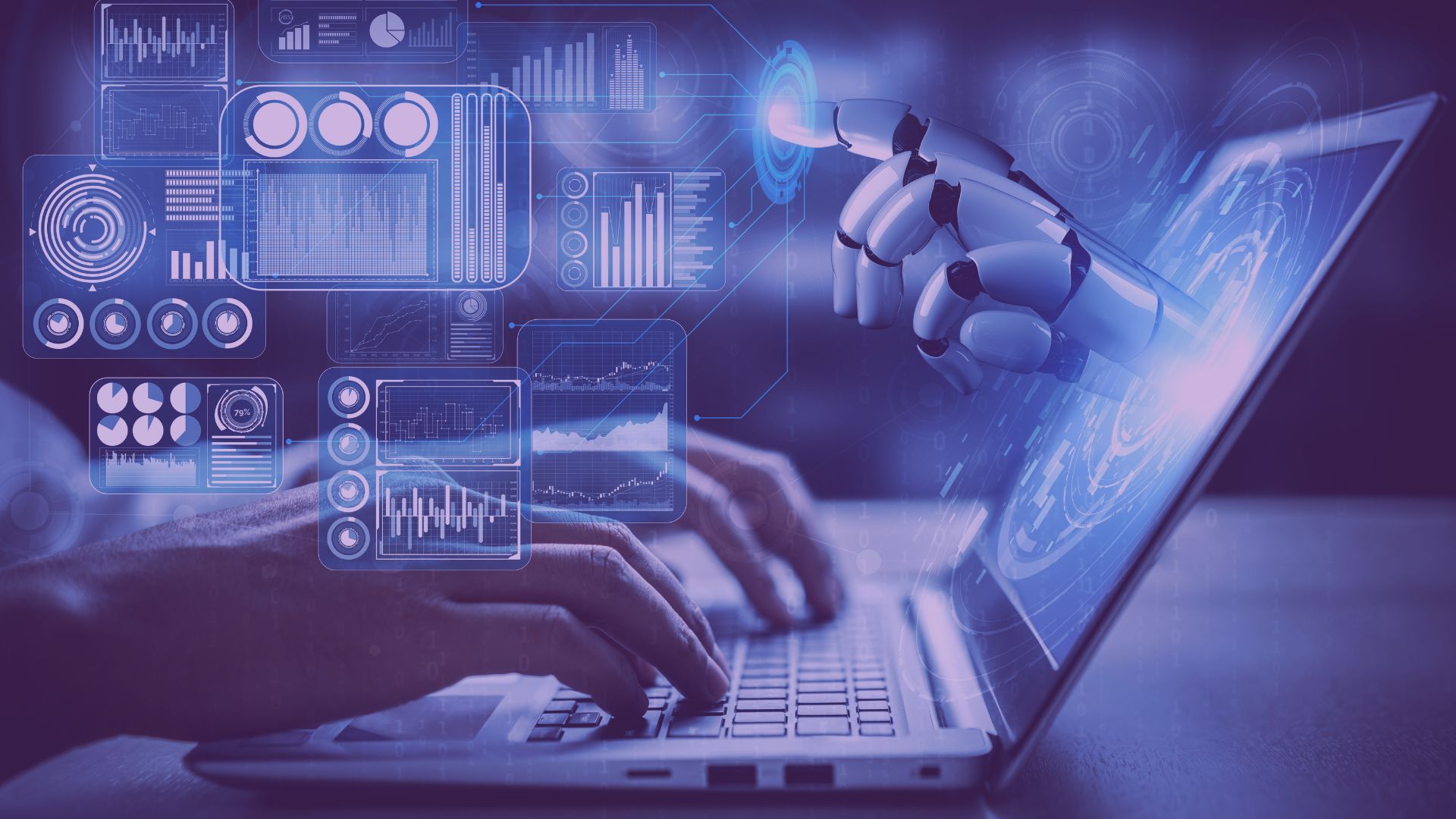SaaS security focuses on safeguarding online software and data from potential threats and breaches.
Why is SaaS Security Important?
SaaS Security is important because it safeguards your online software and data from cyber threats like unauthorized access, data breaches, and malware attacks. It involves measures such as encryption, authentication, and regular security updates to ensure the confidentiality, integrity, and availability of your valuable information.
By prioritizing SaaS Security, businesses can mitigate risks and protect sensitive data in the digital landscape.
Benefits of Cloud Applications Security
Securing your online apps, known as Cloud Application Security, brings a bunch of benefits and makes sure they're safe. It uses things like SaaS Security Posture Management (SSPM) to check that apps follow strong security rules. Another tool, Cloud Access Security Brokers (CASB), helps manage who gets access and keeps an eye on things. Adding end-to-end encryption makes sure your data is extra protected, especially in sensitive apps. All these steps don't just protect your system from online threats but also make the digital space safer and more reliable.
SaaS Security Posture Management (SSPM)
Regular checks are done to make sure SaaS apps follow a security checklist, helping maintain a strong security position.
Cloud Access Security Broker (CASB)
CASBs act like security guards for cloud apps, making sure only authorized users access them and preventing unauthorized access or data breaches.
End-to-End Encryption
Data is protected all the time with end-to-end encryption, keeping it safe from unauthorized access or changes.
Access Management
Only the right people get access to sensitive information, reducing the chances of data breaches.
Data Protection
Measures like data loss prevention and regular backups protect data, ensuring it stays intact and available.
SaaS Cybersecurity Measures
Various tools, like intrusion detection and malware protection, defend cloud applications against cyber threats, making the overall cybersecurity stronger.
Key Principles of SaaS Security
Key Principles of SaaS Security are foundational strategies essential for establishing a robust defense mechanism for online applications. Continuous monitoring and alignment with security standards, facilitated by SaaS Security Posture Management (SSPM), ensure a persistent and strong security stance. Cloud Access Security Brokers (CASB) act as vigilant gatekeepers, enforcing strict access controls to prevent unauthorized entry and enhance overall security for cloud applications.
Implementing end-to-end encryption provides consistent protection for data, guarding against unauthorized access or alterations throughout its entire lifecycle. Strict access management policies restrict data access solely to authorized individuals, thereby minimizing the risk of unauthorized entry and reinforcing overall security.

Making sure the data stays safe and unchanged is important. Things like stopping data loss and regularly saving copies help reduce the chance of losing or damaging information. Also, using tools like detectors for unwanted access and protection against harmful software adds extra security. These steps together make online apps stronger against different kinds of online threats, creating a safe and strong space for important information.
Managing Security in Integrated SaaS Environments
Effectively managing security in integrated Software as a Service (SaaS) environments is a critical aspect of ensuring the overall safety and reliability of digital operations. This entails implementing a comprehensive strategy that addresses the unique challenges posed by integrated SaaS solutions
Key components of this approach include SaaS security posture management, which involves continuous assessment and alignment with security standards, and the implementation of a thorough security checklist. The overarching goal is to establish and maintain a robust defense against potential threats, encompassing a broad spectrum of SaaS cyber security measures. This holistic security management approach is essential for preserving the confidentiality and integrity of data across various SaaS applications within integrated environments, contributing to a secure and seamless digital landscape.
Challenges in SaaS Security
Data Privacy Worries
SaaS often involves storing sensitive data in the cloud, making data privacy and meeting regulations a big concern.
User Access Headaches
Managing who can access what in various SaaS applications can be confusing, and weak access controls may lead to unauthorized access.
Integration Issues
Making different SaaS tools work together seamlessly and securely is a challenge, and poor integration can create vulnerabilities.
Encryption Challenges
Encrypting data in all your online apps can be tricky, and if the encryption isn't strong, important info might not be safe.
Keeping Up with Compliance
Meeting industry regulations adds complexity, especially in heavily regulated sectors. Ensuring compliance with standards is crucial.
Vendor Trust Concerns
Relying on SaaS providers for security brings risks. Organizations must ensure that SaaS vendors have strong security measures.
Visibility and Control Struggles
Keeping an eye on what's happening in SaaS applications and maintaining control over data can be tricky, affecting the ability to detect security issues. Keeping an eye on SaaS applications all the time is crucial. Without real-time monitoring, organizations might miss signs of security threats.
Data Storage Uncertainties
Knowing where data is stored and which rules apply can be unclear, impacting compliance and data governance.
Phishing and Social Tricks
Users may fall for phishing or social engineering, leading to unauthorized access to SaaS accounts and sensitive info.
